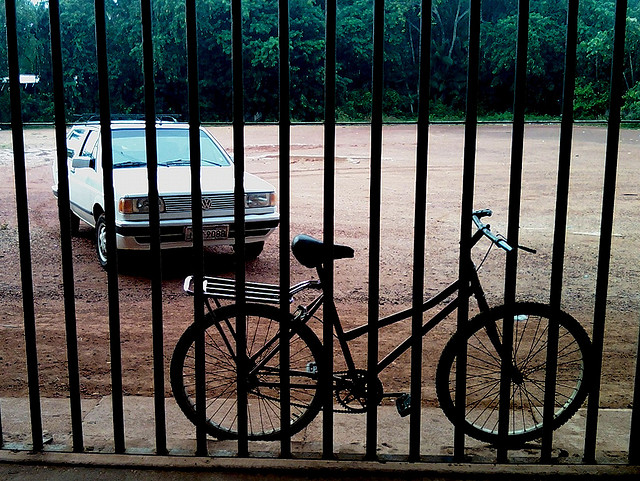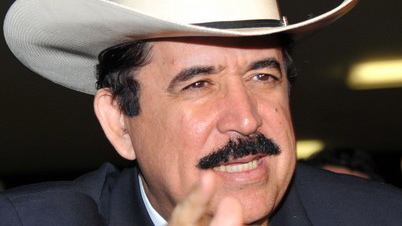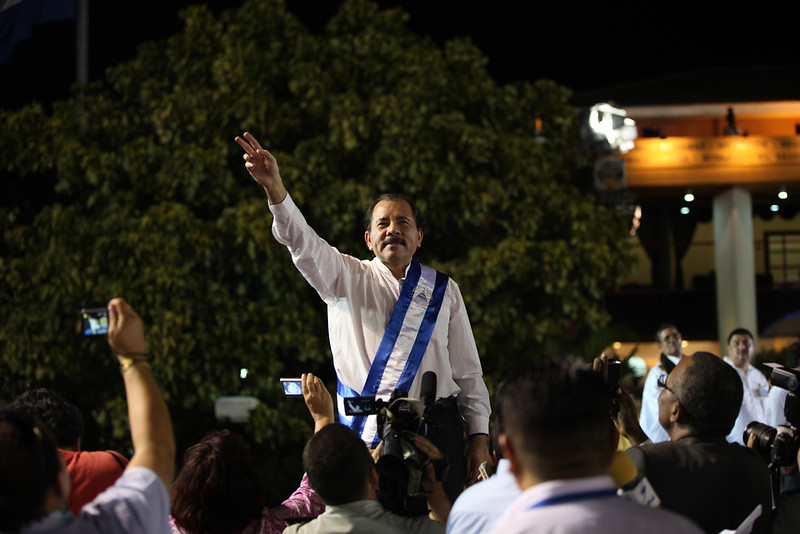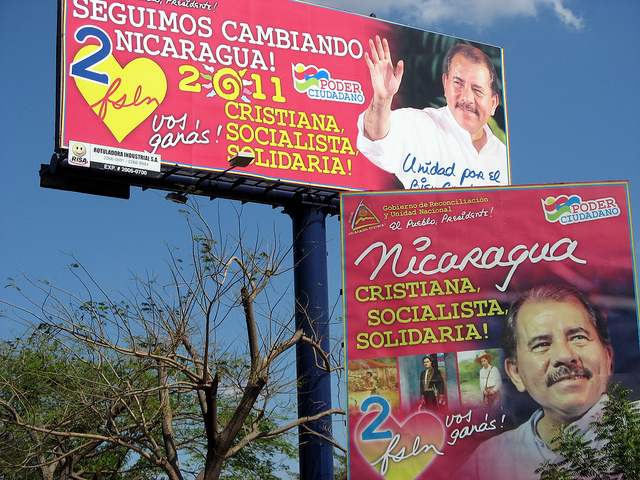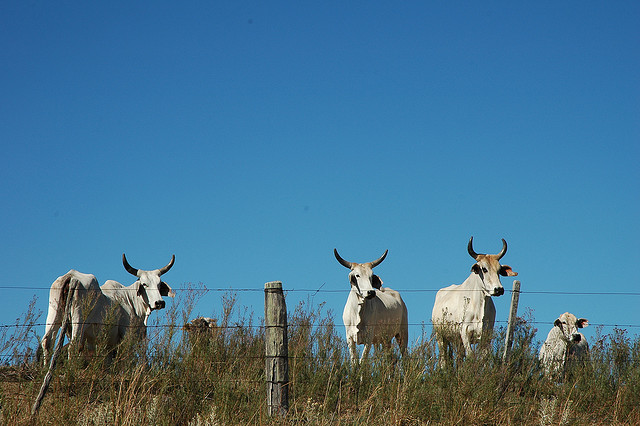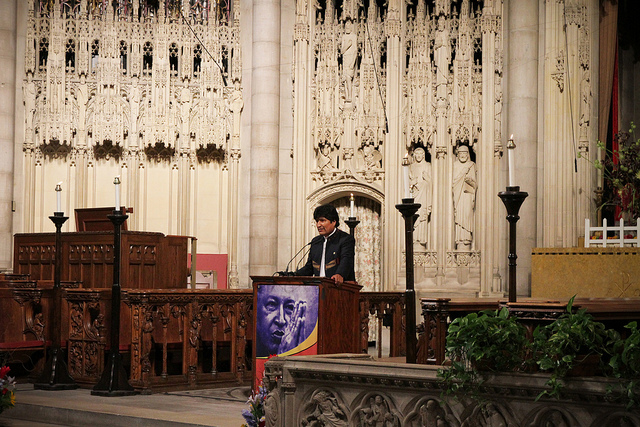
Bolivia, Latin America: Week in Review
Bolivia And The United States Reestablish Ties
November 8, 2011 By Staff
Today in Latin America
Top Story — Bolivia and the United States will reestablish diplomatic ties after three years of frayed relations. The two countries severed ties after Bolivia expelled the U.S. Ambassador Philip Goldberg and the Drug Enforcement Agency, under allegations that they were supporting the Bolivian political opposition. In a major change of tenor, the two countries signed an agreement in Washington saying they would work together to fight drug trafficking. While the United States and Bolivia agreed to join efforts against trafficking, it remains unclear whether the DEA will return to the Andean country. Bolivia’s president, Evo Morales — himself the head of Bolivia’s coca growers’ union — has sharply criticized the international classification of the unprocessed coca leaf as a drug, citing its traditional use as a mild stimulant. More recently, the Morales administration has intimated that the U.S. government played a role in supporting indigenous protests against the construction of a road that will join the country to Brazil. The U.S. government denies supporting the Bolivian opposition.
The statement released by the U.S. government says the agreement will “respect sovereign states and their territorial integrity,” presumably in reference to the tensions that arose over Bolivian allegations that the United States sought to support opposition politicians with separatist tendencies.
Read more from the BBC and the Associated Press.
Other top news: As expected, Nicaragua’s Daniel Ortega was re-elected as president by a landslide, according to the results released Monday.
Headlines from the Western Hemisphere
North America
- Attorney General Eric Holder will testify Tuesday that the controversial tactic that allowed illegal guns to be smuggled into Mexico should not have happened.
- Mexico’s government publicly apologized Monday for failing to prevent the killings of three women in the border city of Ciudad Juárez.
- Mexican authorities have arrested a top lieutenant of the Arellano Félix cartel.
Caribbean
- Former U.S. President Jimmy Carter said he has not seen many homes built for the poor following Haiti’s devastating Jan. 12 earthquake.
- The New York Times reports on Cuba’s role in detecting Haiti’s cholera epidemic, and its work in subsequent months to contain it.
- Trinidad lifted a nearly three-month curfew on Monday imposed to stem a surging homicide rate.
- Authorities in Puerto Rico say eight prisoners drowned after the van they were being transported in was engulfed by floodwaters.
Central America
- As expected, results confirmed Monday that Otto Pérez Molina won Guatemala’s second-round presidential election.
- Archeologists think they have found two of the last ships commanded by Sir Frances Drake off the coast of Panama.
Andes
- The death toll from a massive mud slide in Colombia rose to 39 on Monday after abnormally heavy rains.
- Opposition lawmakers in Peru said that Vice President Omar Chehade should resign due to alleged corruption.
- Venezuelan President Hugo Chávez said his country would be closely watching the trial of Ilich Ramírez Sánchez, known as “Carlos the Jackal”, as he goes on trial in France.
Southern Cone
- Uruguayan President José Mujica said Argentina was not involved in French President Nicholas Sarkozy’s comment at the G-20 summit that Uruguay was a “tax haven”.
- 50 Chilean high school students occupied Santiago’s City Hall on Monday for an hour, resulting in 44 arrests.
- The UN Food Program praised Brazil for its hunger-fighting initiatives during a visit to Salvador, Bahia on Monday.
